.
.

Floating Performance, by Ed Coletti
.
.
Coltrane, Dig?
I suppose what it is with trane and me is
he takes all the time he wants to take
even outside of time, sidereal time,
stardust time, bessie blue time,
through-and-through-him time,
trancey groove time, even arranged time.
The duke laying down stevie blocks,
trane ain’t gonna be no mortar here
he gonna weave a kinda mesh
round duke’s work, trane lacing
duke’s solidity with blue spirit,
blues spirit. duke hears it, stays
near it, layin’ stevie blocks
now playing trane blocks, the duke
in-spired, layin’ down trane blocks.
Then comes slo-trane’s pleasing
molasses blue invention and
no one makes new like coltrane,
the original organic cat and not such
a stranger-in-a-not-so-strange-land,
he resonates—that’s it—we get trane,
that why trane — is — trane.
you hear a bass soloing, wherever
that bass is echoing, whoever
that bass, he echoing trane
that what jazz all about.
If the drum set belong to tootie heath or to
philly joe jones, it don’t matter. they both
coltrane without his horn, c’est la vie, man,
trane be something else, something like
deity ethereal night, man. I mean you take
nancy, you give her a lavender face
so she be nancy with the laughing face.
what you got be only coltrane stirring
something delicious in his pot,
coltrane doing nancy, no need explaining
her gleeful countenance, you dig?
trane, hey, he got no need to wreck the show.
.
.
.
Yusef Lateef and She
Her splintering heart,
“Ma, he
makin’ eyes at
me!
“Alto breakin’
waves on me,
ma,
on me!”
No ambiguity
all clarity,
“It me, Ma,
his eyes for me.
“Ma, his sax
stop for the piano”
—break—
swings again,
“Ma,
he back
swingin’,
for me,
“Ain’t that jazz
though?
It all for
me,
“Not
‘bout me
but for
me,
“His gift
this jazz,
it all
over me.”
.
.
.
Old Down Gloomy Blues
Seems
no point
dancing
when
each step
must
be counted
each move
rehearsed.
Such preparation
belies
both dancer
and the dance.
Give us back again
the whirling blur
our clunky bodies
lost.
Meld with music.
Find once
more what
you lately feared
you’d lost forever
though such hope
clichéd is said to
spring
despite such weight of years.
.
.
.
Ornette #2
shatt
er
ing
glass
each shard
es
sen
tial
.
.
.
old rugged cross
best groove of all
I mean all
out of
time
that sax groove
that breath
held
when breathing
is
what it all
seems to
be
about
Rashaan
Roland
Kirk
Get it going,
Rashaan,
moving on
and on
never stopping
whoa, Ro
land, my
man, Kirk,
work where
no breath is
needed
this move
this groove,
this move-groove,
man,
whew!
.
.
.
Ornette Coleman – Beauty Is a Rare Thing
Single note
(an “A”?)
single note
alone
in a cloudless
royal blue
sky
single note
(an “A”?)
held
languidly.
Triple tonguing
trumpet
temptress
coupling with
your sax
both screech
beyond reach
while Denardo”s
tympani
levels out
a bit of ground.
Ornette
you dance
your sax
your axe
pirouetting and
leaping
always
up and
higher.
.
.
.
coltrane
(for david bromige)
ever changing
trane
morphing
trane
what chrysalis?
trane
what vehicle
brought you here?
trane
spiritual in D
trane
night train
A train
right train
trane
take the light train
trane
outta sight
trane
no cliché for you
trane
outta sight
is where you dwell
trane
you created
outta sight
trane
weaver’s sax
that’s you
trane
sax and you
so blue
trane
blue and you
soul and body
together you
trane
magic man too
few knew
trane
you heal this world
trane
keep on keepin’ on with that
trane
no world a turd’s worth
without you
trane
thank you
thank you
thank you
trane
thank you for the ocean too
trane, your slow deliberate sea
trane
trane, just the ocean you and me
trane, bluest blue sea you and me
trane, receive communion
me and you man, now and forever
you and me and that crazy piano
for two trane now and forever
one trane, earth is still
trane
bass bass so blue trane
with that molasses piano so crazy
blue trane, and you that sax
so mellow blue trane
what can I do, trane?
they say you are gone trane
crazy and gone trane
your soul and your brain,
trane mellow insane, trane
now bass is bowing, trane
oceans keep flowing, trane
bass, keyboard, sax all blowing
trane, you just keep going,
trane, you just keep blowing
and showing me you’re still glowing
trane now and forever
keep feeding and seeding
bleeding indeeding not leaving
this world without you to cease
turning while those who heard you
would wonder wander and wonder
again where are you so much one,
where have you gone?
and only the music, the everything
will answer only
here , man, the gift
here, man, the joy
right here man
right here man
right here
this only moment
right here right now
man!
.
.
.
Bird
I recall you
dream weaver
I remember you
You’re the one
who makes most dreams
come true
Sir Charles
just not your own
when the sax
ceases dreadfully
heroes fall
trumpets screech
Max Roach calls you
to attention
Sir Charles
listen to Diz
man just don’t fade man!
I hear Lover again
Bird you’re with me
like my mother’s voice
that’s with me on my digital recorder.
Dig it all
Bird
stir it up man!
so this is it
where I’m at now
Tunisia at night
tonight this very night
a very black night
with invisible black birds
here in Tunisia
in Tunis
in tune in Tunis
dissonant tune in Tunisia
guitar and muted trumpet
and you Bird
here in Tunis
and in Kansas City
blue with you man
in Count Basie’s town
bourbon and blues
you and me and bourbon
and the blues here in K.C.
tapping it out here in K.C. just you and me
piano makes three
not to mention young Dizzy
man are we ever
swinging!
.
.
About Ed Coletti
.
Poet, Essayist and Painter Ed Coletti graduated from Georgetown University and the Creative Writing Masters Program at San Francisco State University (under Robert Creeley). He has published several books of poetry and recently has had work published in divide (Univ. of Colorado), Lilliput Review, Big Bridge, Blueline , The New Verse News, The Cherry Blossom Review, Parting Gifts, and the anthology of Italian-American poets (with Ferlighetti, DiPrima, et al) titled Avanti Popolo edited by James Tracy (Manic D Press). He is editor of Round Barn Press. Ed lives with his wife Joyce in Santa Rosa, California where he operates the respected Bay Area-wide SoCoCo At the Toad Reading Series. His internet presence includes “Ed Coletti’s P3” and also “No Money In Poetry.”
.
.






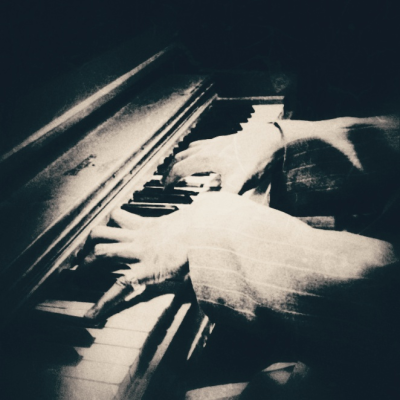


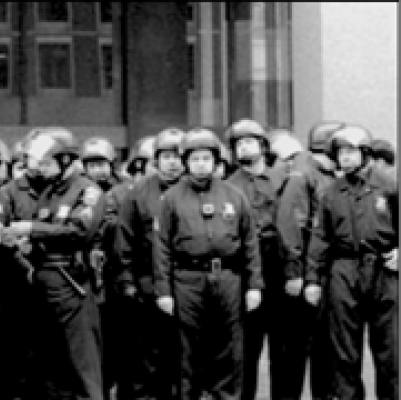










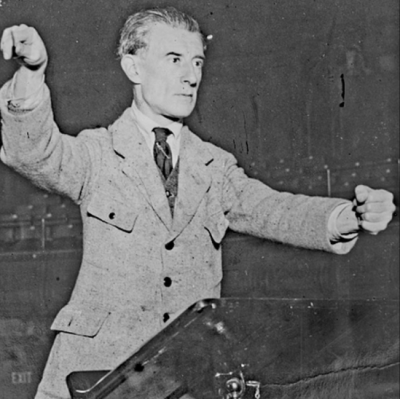

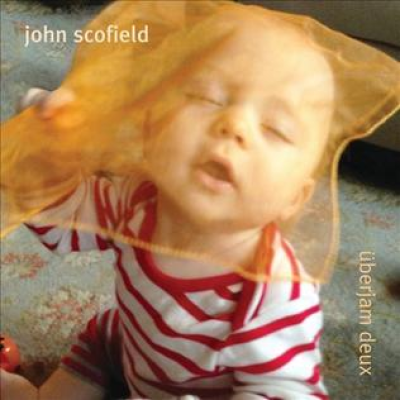






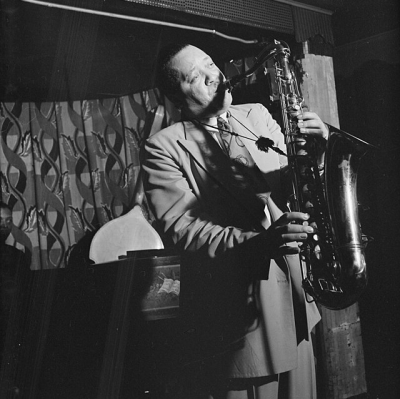













My good friend Ed’s jazz poems, and his “Floating Performance” are like an evening of excellent jazz — cool, hot, down, dug.
Ed: I really liked your poem Ornette#2. Nothing “plastic” about his horn. -Britt Peter